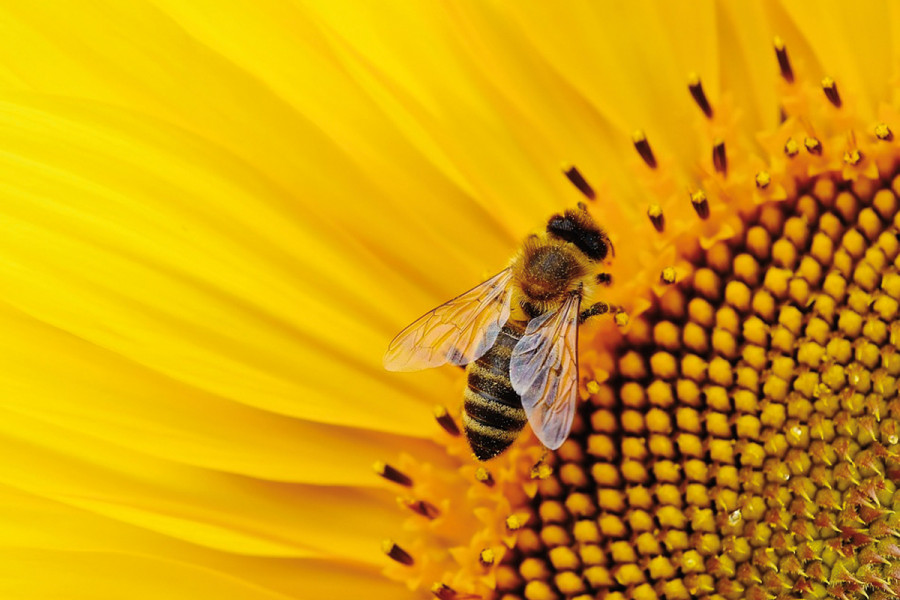I want to receive new articles by email
Toward a ban on bee-killing pesticides
By Jinny Throup
A major new assessment from the European Union has concluded that the world’s most widely used insecticides pose a serious danger to all species of bees, making a total ban on neonicotinoid pesticides across the EU highly likely. The report from the European Food Safety Authority is based on an analysis of more than 1,500 studies. It shows that these pesticides are nerve agents which cause a wide range of harm to bees, including reduction of the number of queen bees and damage to memory. The report also concluded that much of the risk to bees comes from contamination of the soil and water which leads to the pesticides appearing in wildflowers and succeeding crops. This EU report was welcomed by many scientists and environmentalists who have spent years working to strengthen restrictions on neonicotinoid use across Europe.
Bees are essential for global food production as they pollinate three-quarters of all crops. Their drastic reduction in the last few years is an agricultural and environmental disaster that is clearly tied to the widespread use of neonicotinoid pesticides. For some years there has been growing evidence that these pesticides harm both individual bees and bee colonies. Most of the research concludes that these harmful chemicals are not necessary for successful growing, and that farmers could reduce their pesticide use without any losses. In addition, a United Nations report denounced the “myth” (propagated by the chemical companies) that pesticides are necessary to feed the world.






